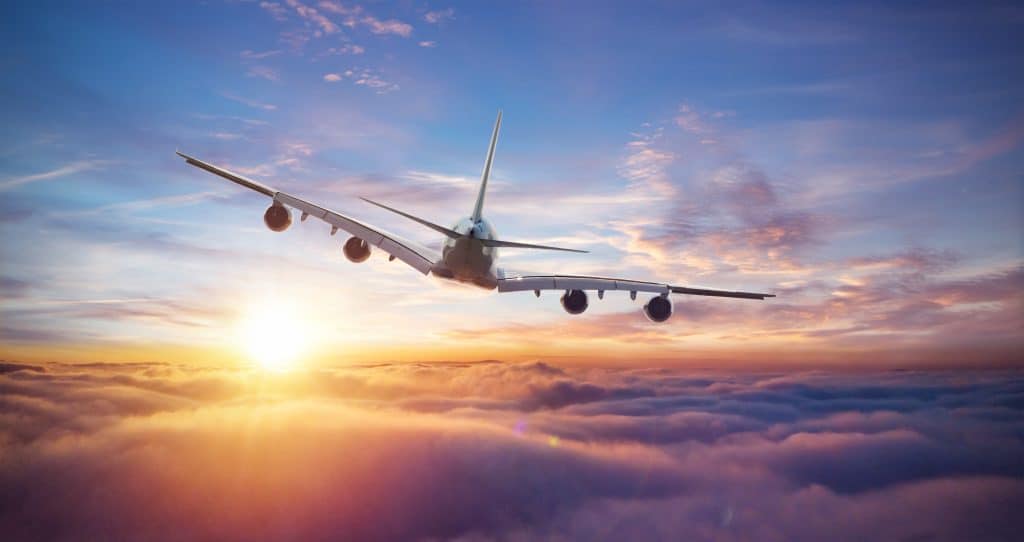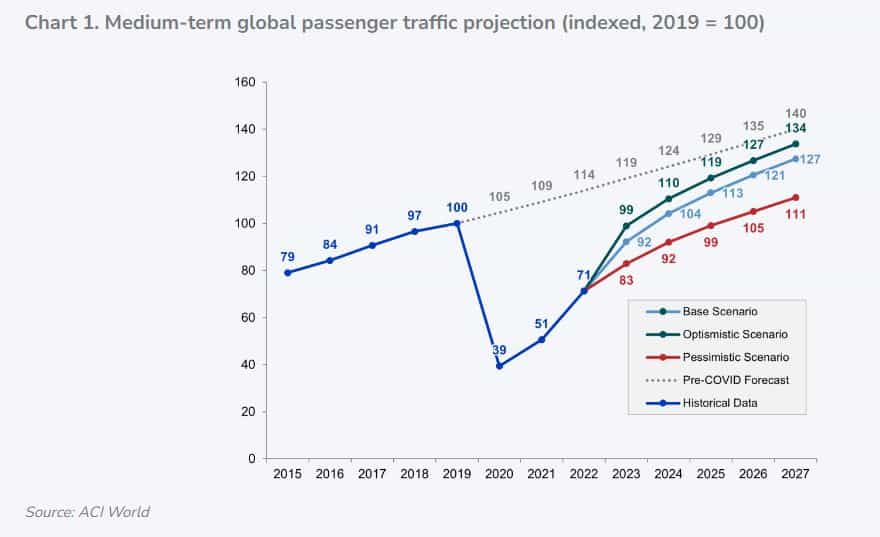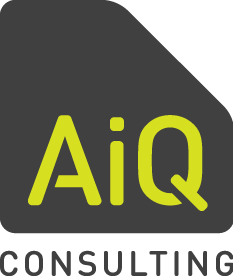
In part 1 in this series on the aviation industry’s recovery from the disruption of the pandemic we focused on the forecasts that various industry bodies have made of a complete and sustainable recovery and a growth in air passenger demand in 2023.
Thankfully it’s looking like there’s plenty of reasons to be optimistic as the aviation industry moves through the year, not least that it’s expected to finally reach a profit in 2023 for the first time since the pandemic.
In part 2 of our series we cover what this long awaited recovery means for your operation and some of the challenges you may face this summer.

Industry challenges
Global economy uncertainty – concerns include the possibility of economic slowdown, rising inflation, high interest rates, less disposable income for passengers, jet fuel prices, the cost of air fares and consumer and business confidence. Despite this, industry bodies and stakeholders remain optimistic about weathering the storm as we can see from projections such as the one above.
Net Zero Carbon and Sustainability – IATA member airlines have committed to achieving net-zero carbon emissions from their operations by 2050. The industry is under significant pressure to take measures to reduce the environmental impact of air travel – consumer awareness has risen, along with an acceptance of the industry’s impact on global carbon emissions, resulting in a shift in attitude and a positive move towards genuinely reducing or offsetting carbon emission. In 2023, the world’s first net zero transatlantic flight will take off from London to New York – using solely sustainable aviation fuel.
Measures to consider in order to meet this challenge include fleet renewal, more fuel-efficient aircraft, operational improvements and exploring the possibilities of introducing sustainable aviation fuels.
AiQ have direct experience of helping stakeholders meet the challenge of achieving net zero carbon emissions by 2050. We were recently asked by the airside operational management team at Heathrow to estimate the economic and sustainable impact of replacing current ramp equipment to electric Ground Support Equipment (GSE).
Our challenge was to support a business case by estimating the environmental carbon savings of converting to electric in addition to determining the power and number of EV electric charge point requirements at all terminals for efficient operations. You can read more about it here: https://www.aiqconsulting.com/case_study/london-heathrow-electrification-study/
Improving the passenger experience – following some of the baggage related issues that occurred post-pandemic we anticipate there will be a push from some forward-thinking airlines in this area to offer electronic tracking to their business class or high-mileage customers. Luggage tracking and recovery will be considered a key part of the business with strategic investments made in these areas.
Maximising automation – a big priority for airports should be planning for automation to improve operational efficiency and to build resilience into their operation. In the coming years automated technology is going to be a critical factor in providing increased capacity.
Our White Paper on check-in automation covers this in detail and takes a deep dive into some of the exciting automation technology being adopted at airport check-in and the ways in which airports and airlines can make use of smarter new technology solutions.
In the third and final part of this series we will detail some more of the challenges you may face this summer and how stakeholders have learnt from the problems faced last summer.
At AiQ, our award winning team of operational and analytical experts are dedicated to analysing, modelling and optimising every aspect of an airport. Specialising in airport capacity, we are trusted to realise capacity and solve complex operational challenges. You can read some of our testimonials here.
For more information about how we can assist you with any of your challenges in 2023, contact us today.

